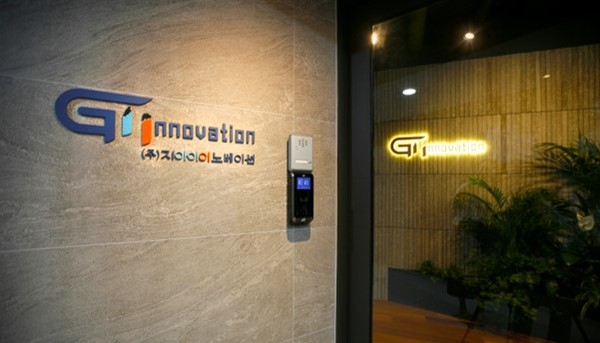GI Cell, an affiliate of GI Innovation, has submitted an application to the Ministry of Food and Drug Safety for phase 1/2a clinical trials to evaluate the safety and efficacy of a combination therapy between GI Cell's allogeneic NK cell therapy, T.O.P. NK and GI-101A, in patients with recurrent and refractory solid tumors.

The companies plan to extend their collaboration to include clinical trials for a combination therapy involving T.O.P. NK and another drug, GI-102, in the future.
T.O.P. NK is an advanced NK cell therapy capable of mass production, designed to maximize tumor targeting and cancer cell killing efficiency.
It has demonstrated promising efficacy in an ongoing phase 1 clinical trial as a monotherapy for patients with recurrent and refractory solid and hematologic cancers.
Mid-stage results from these trials have shown a complete response in patients with relapsed non-Hodgkin's lymphoma after three doses of T.O.P. NK.
Additionally, in a subgroup of colorectal cancer patients who had failed at least three standard treatments, stable disease with tumor reduction was observed in two out of three patients, indicating a significant therapeutic potential even in the context of third-line standard treatments for colorectal cancer.
GI-101A is a dual fusion protein that simultaneously possesses the functions of CD80 and a variant of IL-2.
The IL-2 component is involved in the proliferation and activation of immune cells, while CD80 blocks the CTLA4 receptor, which suppresses immune cells that attack cancer cells. Currently, GI-101A is undergoing phase 1/2 clinical trials in combination with the immunotherapy drug Keytruda in Korea and the U.S., showing promising results in increasing the progression-free survival of cancer patients resistant to other immunotherapies.
GI-102, on the other hand, is engineered to further decrease the affinity to alpha receptors compared to GI-101A, and has recently shown unprecedented clinical outcomes in melanoma patients who had failed or relapsed on previous treatments, with a 43 percent objective response rate and a sevenfold increase in immune cell counts.
Preclinical studies using humanized mice have demonstrated that the combination of GI-101A or GI-102 with T.O.P. NK not only maintains the persistence of T.O.P. NK cells in the body for up to a month but also significantly enhances the anti-cancer efficacy compared to T.O.P. NK monotherapy.
Based on these findings, GI Cell anticipates that combining T.O.P. NK with GI-101A and GI-102 could allow for significantly lower doses of T.O.P. NK compared to monotherapy, reducing production costs and maximizing commercial viability.
“The recent passage by the National Assembly of the amendments to the Advanced Regenerative Bio Act paves the way for cell and gene therapy to be available not only to patients with terminal cancer but also to patients with early-stage cancer and post-surgery,” GI Cell Chief Science Officer Jang Myoung-ho said. “We look forward to the successful development of the combination therapy of GI-101A/GI-102 and T.O.P. NK so that more patients can benefit from it.”

